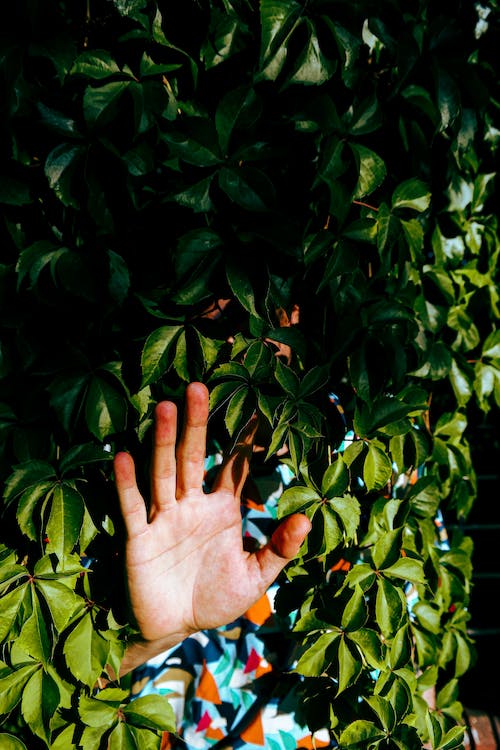
Exploring the Quality of Our Connections
Understanding How We Relate to Ourselves and Others
As we traverse life in various roles — mother, teacher, boyfriend, or simply a “liver,” as Orry would say — we often put off accepting our own idiosyncrasies.
What does that mean? As we pass through different life phases, we tend to get wrapped up in interpreting outcomes — of projects, praise, even silence. In those moments, we may become overly self-critical, or hold others to the same harsh standards.
Learning How We Are When We're Alone
To truly be with someone — in any capacity — it’s important to know who we are when we’re on our own. That includes:
-
Understanding why silence might feel awkward and why we rush to fill it
-
Recognizing the comfort that planning brings us (even if it feels taxing to others)
-
Remembering that despite our differences, our need for connection is deeply human — we are, after all, social beings
This Week’s Theme: The Quality of Our Connections
We are all part of a complex web of interdependence — emotionally, socially, and ecologically. The issue isn’t whether we should depend on others, but rather understanding the nature of those connections.
Let’s use this space to reflect on our relationships — with partners, pets, friends, colleagues, habits, and ourselves — through the lens of ecology:
🌱 Mutualism
Where both parties benefit from the relationship
-
In which connection(s) do you feel mutualism?
-
How does that dynamic nourish both you and the other person/being?
🌿 Commensalism
Where one benefits while the other is neither helped nor harmed
-
Which relationships feel neutral — supportive in one direction, yet not draining?
-
How do you make sense of those dynamics?
🪱 Parasitism
Where one thrives at the expense of the other
-
Are there connections in your life that feel extractive or one-sided?
-
What might be contributing to that imbalance?
🐆 Competition
Where there's a constant sense of comparison or struggle to “win”
-
In which relationships do you notice rivalry or competitiveness?
-
How does this affect your energy, confidence, or sense of safety in that space?
Each of these types of connection is real, relevant, and important to notice. The goal isn’t to judge — but to become aware. When we understand the emotional ecology of our lives, we make better decisions about how we engage, set boundaries, and nurture ourselves.
A Gentle Reminder
We hope these weekly reflections offer you thoughtful guidance as you continue learning about:
-
Your emotional roots
-
Your relational habits
-
The unique gifts you bring to the world — even those you were once told were “too much”
Those exact parts of you might be what the world needs most right now.
If you or someone you know is struggling with mental health or needs support navigating relationships, please reach out to our ‘Support’ and ‘Engage’ verticals for affordable and inclusive help.
Like our content? Please show us some support by sharing and upvoting!
Image Credits – Pexels.com
